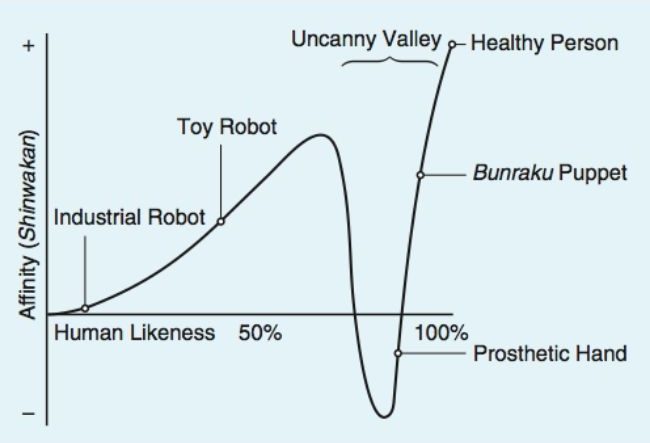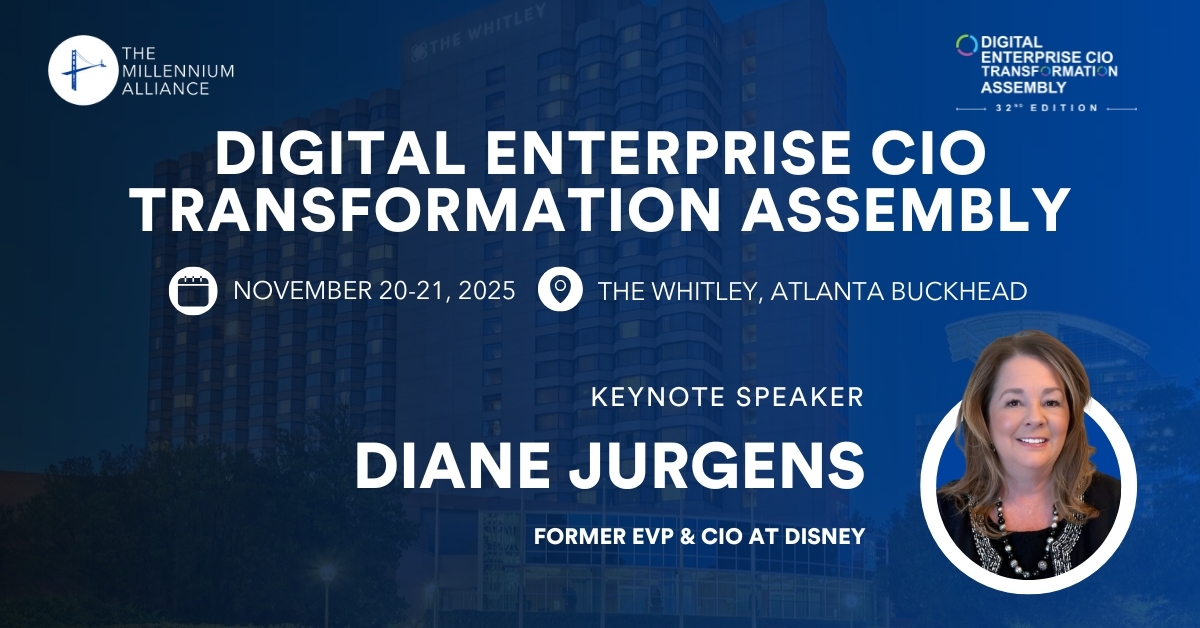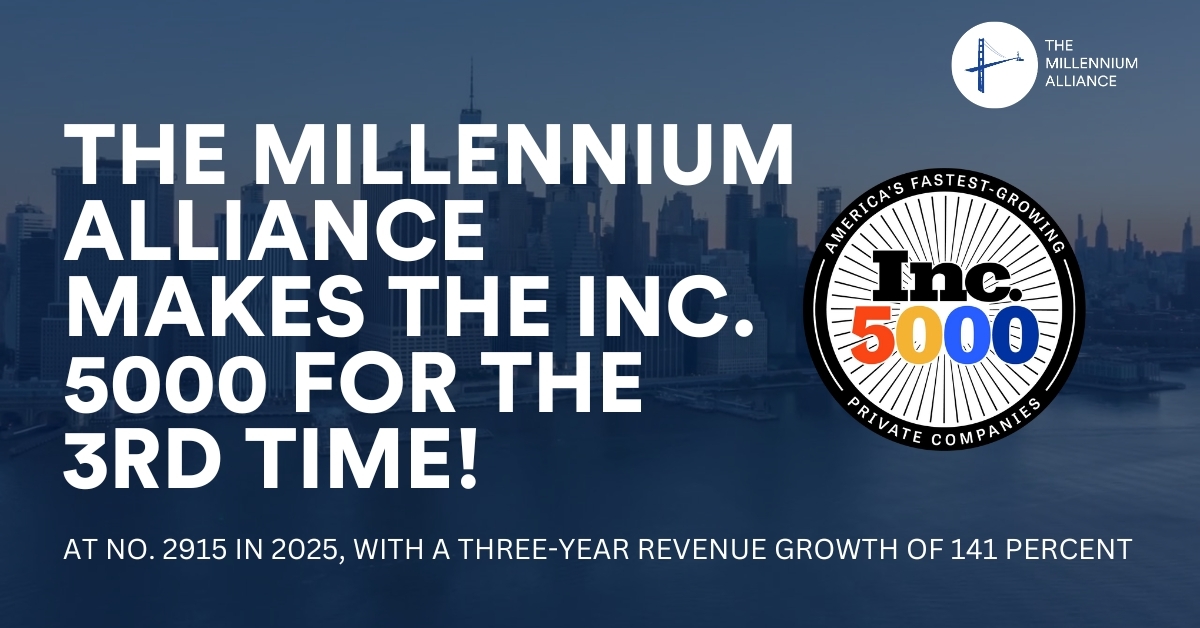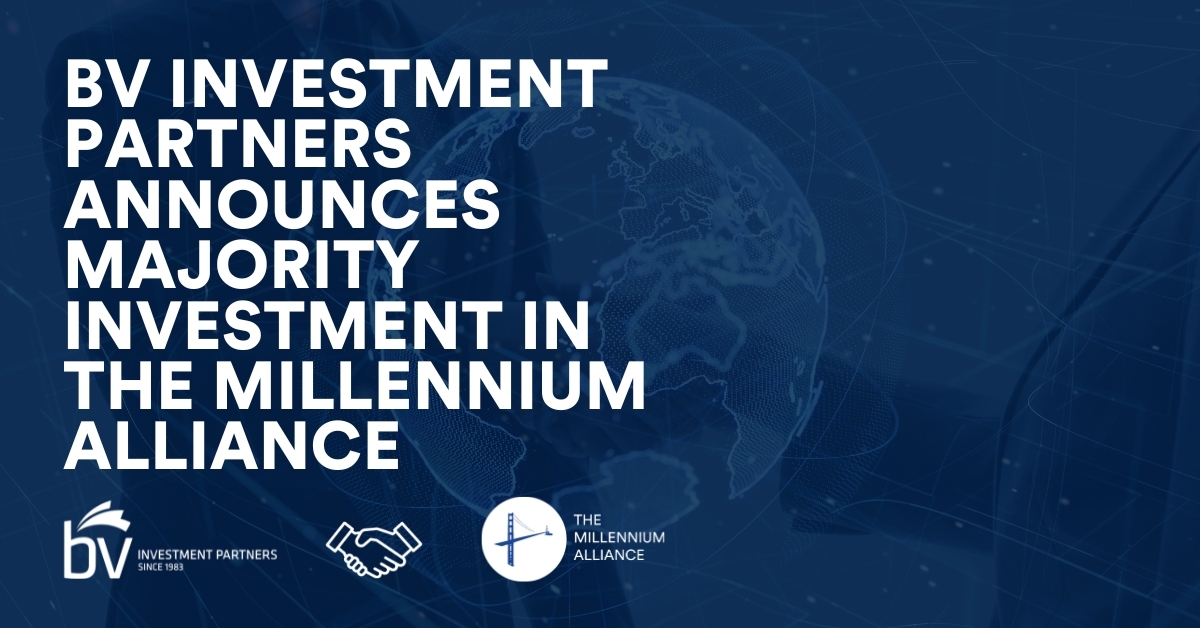“Personalization” is the ANA 2019 Marketing Word of the Year, but studies suggest that the marketing tactic may be on the decline. In a market where both technology and consumer demands are at an all-time high, personalization is expected of brands. Whether it’s a promotional email that addresses a customer by first name or a Facebook ad for a product recently Google searched, consumers, encounter personalized marketing daily. However, overexposure to these types of ads is exactly what is making it increasingly ineffective. Even more concerning to marketers, if personalization is not done right, it can make customers feel uncomfortable, and as a result, turned off to the brand. It’s up to marketers if they will give in to the mounting pressures of data privacy and abandon personalization efforts, or if they will restrategize and find a way to ease consumers’ worries and maximize its effects.
According to a research report by Gartner, 80% of marketers will abandon their personalization efforts by 2025. Marketers have long relied heavily on data collection, analysis, and implementation, but these efforts have come up short. The data reflects this shortcoming, as marketers continue to find that the ROI on personalized marketing does not live up to expectation. Part of the reason for the less-than-ideal results of personalization is the fact that every brand is doing it. Consumers receive so many personalized emails and promotional materials, all with the implication that the brand cares about the consumer’s needs and wants, that this “personal touch” is not a differentiating factor for brands anymore. In fact, the overload of personalized marketing can even be perceived as annoying to some customers.
While the lack of consumer response to personalized marketing is alarming to marketers, there is a bigger issue at stake. Consumers that are not underwhelmed are unnerved. Growing unease with the overuse and exploitation of consumer data has brought a new form of the phenomenon known as the “uncanny valley” to marketing. The uncanny valley is a term coined in 1970 that describes the relationship between the human resemblance of a nonhuman entity and the feeling of unease it instills. According to this phenomenon, originally applied in the context of humanoid robots with eerily human qualities, the more an entity resembles a human being, the more unsettling it is.
 The Uncanny Valley is visualized by this graph.
The Uncanny Valley is visualized by this graph.
Marketers now face a new challenge of avoiding this uncanny valley, while still collecting and using the personal data that is essential to current marketing needs. The buzz that surrounds the use of personal data includes theories of social media platforms “eavesdropping” on conversations in order to place ads that are relevant to the individual consumer, according to AdAge. The human-like concept of smart devices listening in to personal conversations is an extremely unnerving thought to consumers, regardless of whether it is actually happening or if- more likely- the algorithms for data collection simply make it appear that they are. There is a very fine line between catering to the individual consumer and making them outright uncomfortable or even angry. Consumers expect to find Facebook ads for a product that they recently viewed or purchased online. However, when consumers find themselves trying to figure out how brands obtained certain types of personal data, or worry that their privacy is being violated, marketers enter the uncanny valley. This is hard to undo, as consumers are generally turned off to a brand completely once they associate it with that unsettling feeling of being watched.
Although Gartner predicts that many marketers will abandon ship on personalized marketing in order to avoid the controversy surrounding data management and privacy, the research firm also offers suggestions to maximize ROI on personalization. Personalized marketing was initially implemented to show that brands care for their consumers and to build their loyalty and trust. The fact that trust is the precise reason consumers are turning off to brands is due to the mismanagement of data. In an executive guidance manual on personalization, Gartner suggests that rather than abandoning personalization efforts, brands understand when and how it is appropriate to use data instead.
Consumers, much like marketers, find personalization useful, but in different ways. The convenience of easily finding the right products in the right place is important to a consumer, but they can see right through marketing tactics that seem forced and are more demonstrative of a “personal connection” than helpful. This also means that certain industries are better off using personalization than others. For example, clothing retail brands and entertainment services have more leeway in using data for personalized marketing. More personal industries (i.e. anything medical-related) should proceed with extreme caution or otherwise avoid personalization completely. This privacy boundary also applies to the type of information used, as well as the industry it is used in. Internet search history and purchases are generally deemed acceptable, while more personal demographic information, such as income or medical history, are not.
An Accenture report found data that supports the idea that there are levels of acceptability in personalized marketing in a study conducted to determine which personalization tactics are found “creepy” or “cool”. According to the study, 35% find it creepy when they get social media ads for items they’ve browsed on a brand’s website, which is relatively low compared to the 41% of consumers that find it creepy when they receive a text from a brand as they walk past a physical store. This confirms the idea that consumers are generally not concerned with online browsing data being used, but that there is still a solid 35% of consumers that are uncomfortable with it. This discomfort is not irreparable, however, as 64% of the study’s participants who reported that a company has overstepped boundaries say it is because they were not informed that their personal data was being used. In this case, most data collection is acceptable as long as there is transparency.
Gartner urges marketers to go beyond the minimum requirements of opt-in policies and data collection laws by not only asking for permission to use data but by clearly stating the benefits of sharing data on the consumer’s end. Emphasizing the value the consumer gains from personalization makes them more likely to want to share data, as it demonstrates that the benefit is not one-sided. By consenting to data use and understanding its advantage, consumers feel more comfortable with the personal relationship it fosters. Transparency and consent minimize the uncanny valley’s effect on brand-consumer relationships by establishing a clear data source and reason for implementation.
Personalized marketing is the double-edged sword that will continue to raise questions leading up to the new decade. Although it was once the answer to growing consumer demands, its effectiveness is steadily declining, and it is becoming not only a nuisance but a major privacy concern for consumers. While many brands will be ditching the tried and true strategy, the brands that continue to innovate and find ways to avoid overstepping boundaries may have the advantage. As marketers approach the imminent uncanny valley of personalization, one thing is for sure: consumers want personalization but they are not happy with where it is currently, and brands either have to make serious changes or cease personalization practices altogether.
Digital Marketing Transformation
 With 53% of Marketers planning on adopting Artificial Intelligence in the next 2 years, the digital marketing revolution is just getting started. CMOs and CDOs alike are seeking new ways to maximize their digital reach to attract new business to, as well as deliver enrich, personalized experiences to existing customers.
With 53% of Marketers planning on adopting Artificial Intelligence in the next 2 years, the digital marketing revolution is just getting started. CMOs and CDOs alike are seeking new ways to maximize their digital reach to attract new business to, as well as deliver enrich, personalized experiences to existing customers.
The Digital Marketing Transformation Assembly will bring together North America’s most prominent digital marketing technology and business leaders from all major consumer-driven industries to discuss the latest technology, innovations, and strategies driving digital marketing in 2020 and beyond.
Are you interested in becoming a sponsor for this event? Click here today to learn more >>
Are you interested in attending this event? Inquire here today to find out if you qualify for Millennium Membership >>














